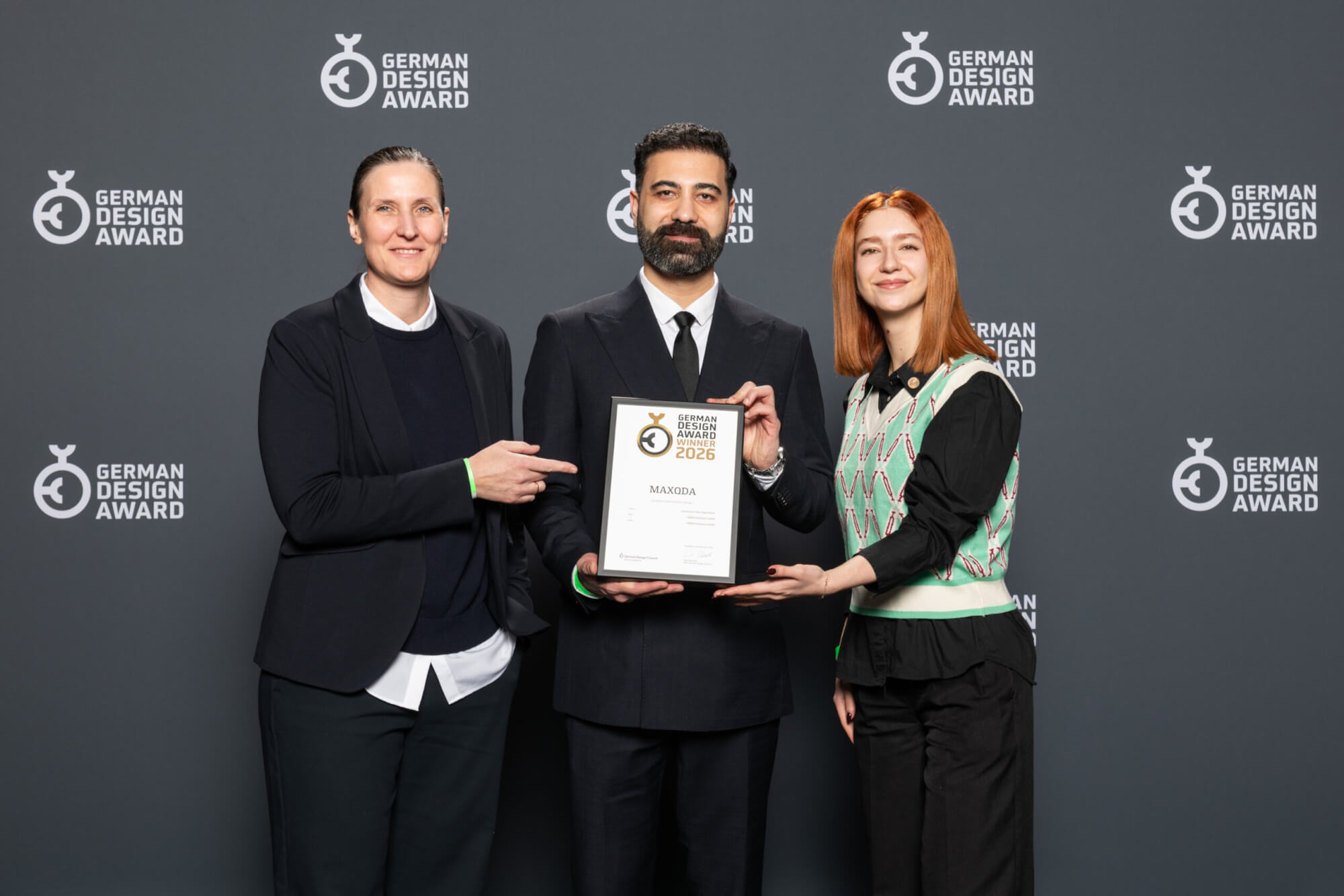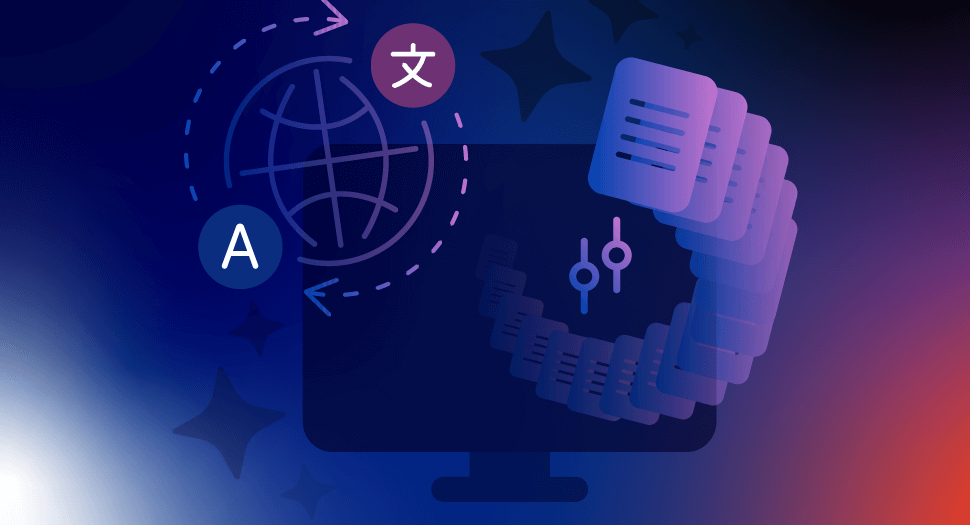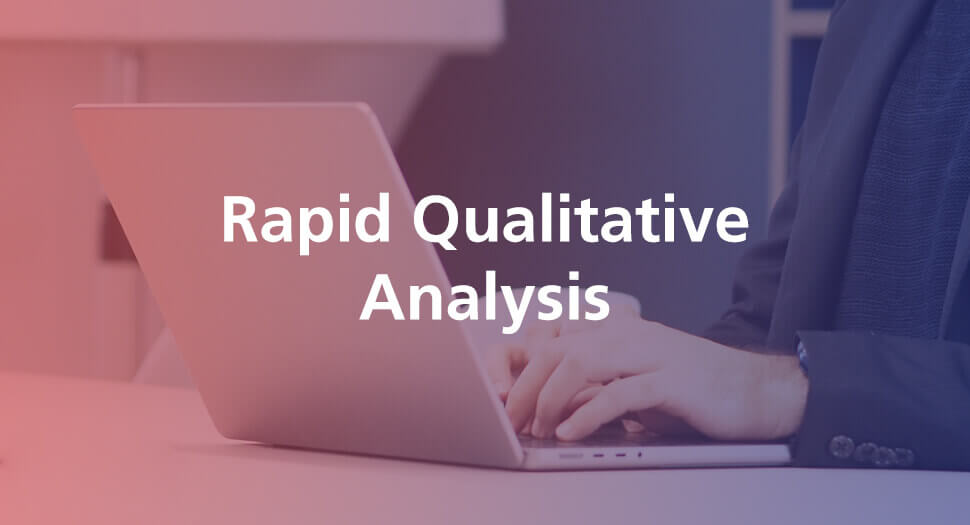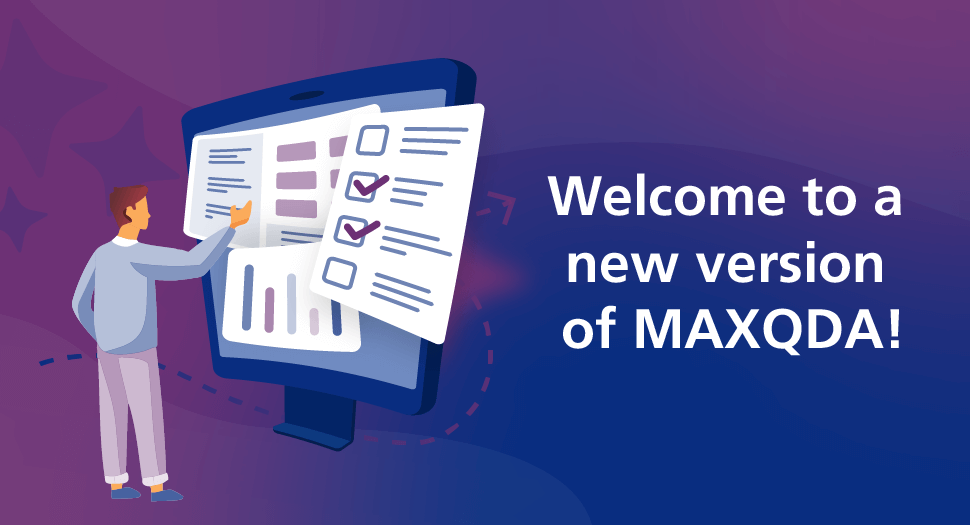Guest Post by Melinda González.
This is my first fieldwork diary entry about my experiences with using MAXQDA as I embark on my dissertation research about community organizing across the Puerto Rican diaspora in the aftermath of Hurricane Maria. My primary field sites are Puerto Rico, New York, New Jersey, and social media.
As a first-generation U.S.-born Puerto Rican, first-generation high school graduate, and current PhD Candidate, my research has been informed by an awareness of the difficulties that marginalized populations have in accessing quality education, learning research methodologies, and a lack of representation in academia at large. My dissertation project is based on a lifelong engagement with Puerto Rican politics as a member of the Puerto Rican diaspora as well as over 10 years of participation in the New York City poetry scene.
Through engaging in fieldwork on community organizing in Puerto Rican poetic spaces across the Puerto Rican diaspora after Hurricane Maria, my project will connect diasporic artists engaged in similar struggles with a focus on emerging nuances. Through bridging movements that can be aligned and yet disconnected, I aim to show the diversity of the Puerto Rican population. My research seeks to contribute to post-colonial scholarship focusing on Puerto Rico as a site where political subjectivities and possibilities are shaped by international relationships and modern moments of crisis. This research highlights the processes that create disasters as cultural phenomena.
Specifically, it proposes to use a range of ethnographic methods to examine how poetic spaces function as opportunities for community organizing across the Puerto Rican diaspora in the wake of Hurricane Maria. My research lends itself to further exploration of the ways cultural production and the arts intersect with anthropological understandings of the human experience.
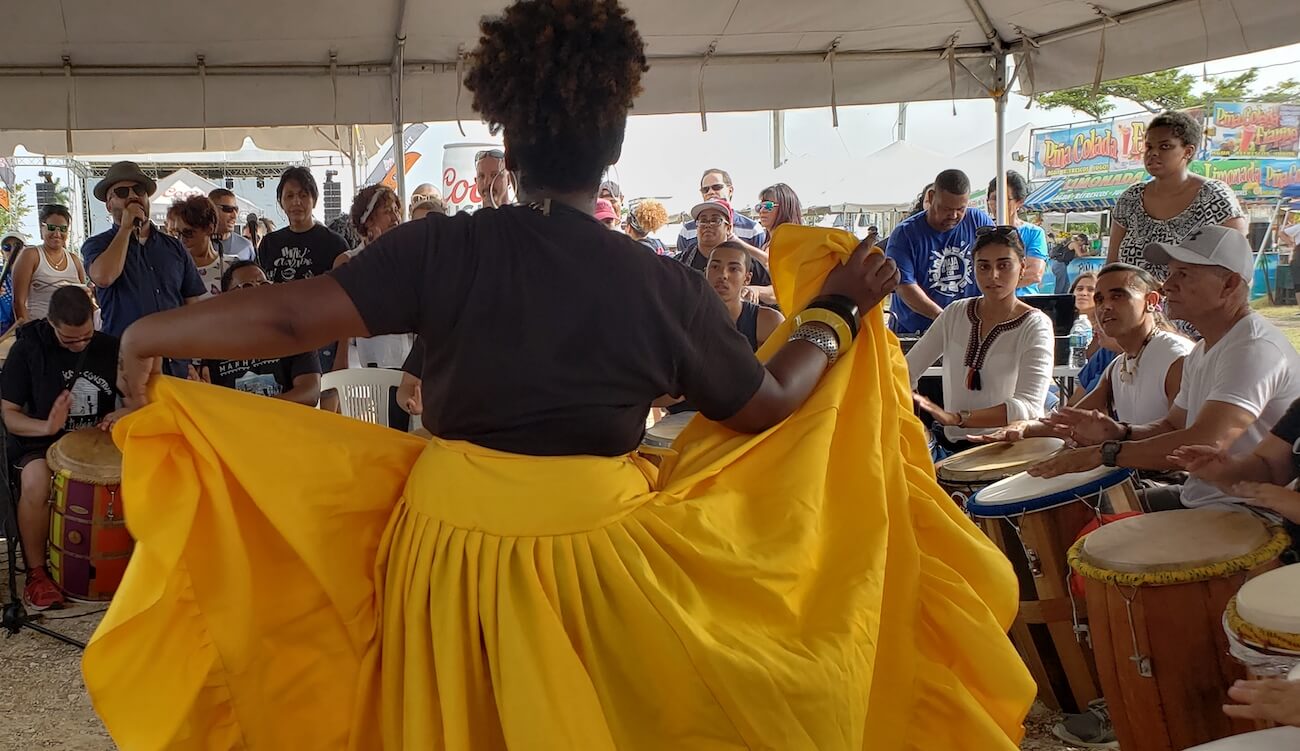
Woman dancing Bomba in Salinas, Puerto Rico, July 2018, Photo taken by Melinda González
Adjusting to the Urban Atmosphere and Learning MAXQDA
I had a bit of a late start with learning to use MAXQDA, as I was doing fieldwork in Mexico and Belize for my graduate assistantship in June. Then, in July while I was in Puerto Rico conducting fieldwork, I had limited access to the internet. I finally returned stateside in August, but the struggle to find housing in a fast-paced and in-demand market made getting settled a bit challenging.
I was recently able to complete my training with my great Professional MAXQDA Trainer, Dr. Silvia Torezani, and have recently begun transferring my fieldwork data, such as interview transcripts, photos, videos, and field notes from my notebooks and telephone into MAXQDA 2018 Analytics Pro.
Community Organizing in Puerto Rican Poetic Spaces after Hurricane Maria
I spent the month of July in Puerto Rico with the goal of identifying grassroots organizations that would be a good fit for my research. I identified two organizations in the town of Mayaguez, one in the area of Old San Juan, and another in Santurce. Some of the organizations that I did fieldwork with are Vive Boriken, Taller Liberta, and the Poet’s Passage.
I attend various events and spent time with a community organizer, who I lived with during part of my stay. The events were held throughout the main island of Puerto Rico and many included poetry, music, and the use of art in order to bring awareness to austerity measures and local concerns, particularly regarding environmental degradation in Puerto Rico. At the events, I met with local community members and conducted interviews and was able to make connections to new research participants. This snowball sampling method was helpful because it allowed me to understand the networks of local artists.
Fieldwork Across Diasporas
While I was in Puerto Rico, I also noticed that a lot of the artists that I worked with during my fieldwork in New York were traveling to Puerto Rico to either engage in projects or to assist with community organizing efforts. This trend proved true in New York as well when artists from Puerto Rico also had shows in the area. I have noticed that there is a lot of circular migration between artists, poets, and musicians in Puerto Rico, New York, and New Jersey. This was very interesting for my research because it is evidence of how the diaspora is being reimagined.
I have also used digital ethnography as part of my study in order to understand how digital space influences social interactions and how people are using digital space to engage in community organizing and raise awareness on local issues. MAXQDA will be helpful for my the digital ethnography aspects of my research and I plan to use several of its multimedia tools, such as the social media import functions and Web Collector. I will discuss these aspects of my data collection and analysis below.
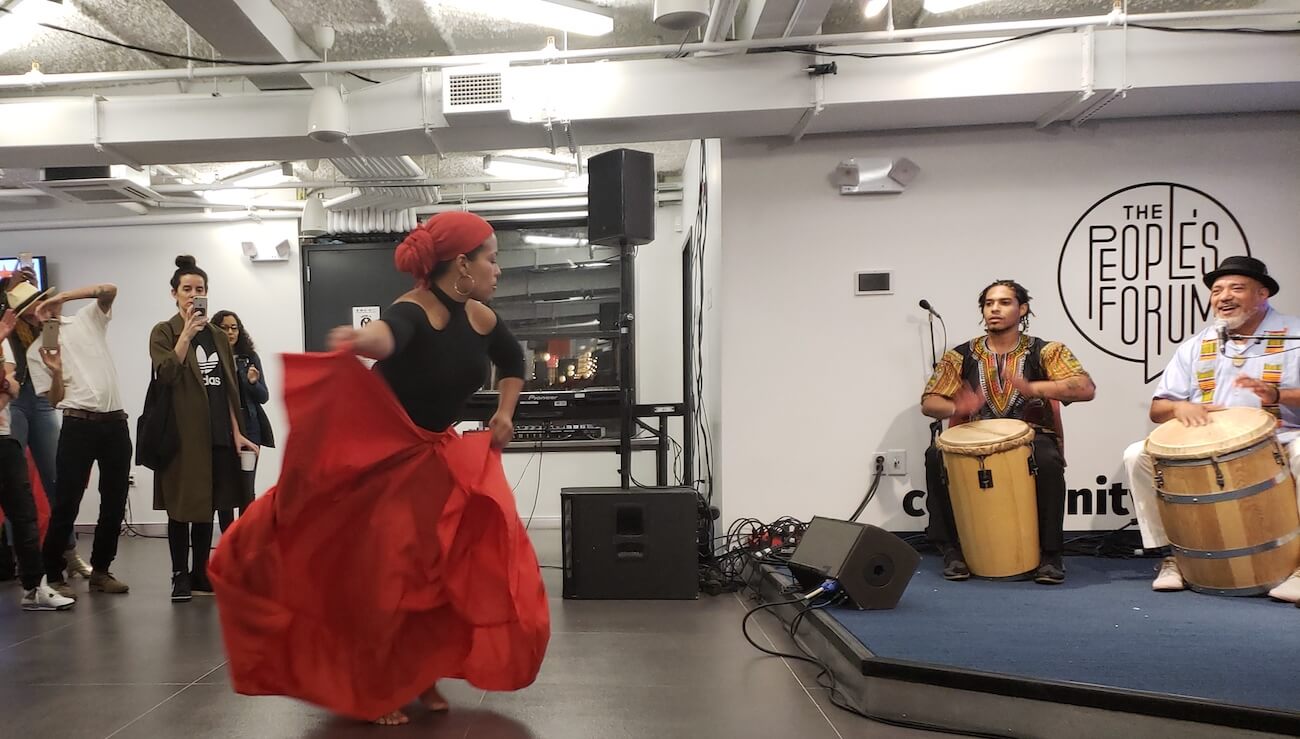
Woman dancing Bomba in New York, New York, September 2018, Photo taken by Melinda González
Importing Data: Natural Flow
I would have to say that my favorite thing about MAXQDA so far is being able to have all of the material for my dissertation in the same location. Doing multi-sited ethnography can, at times, be overwhelming, and it is very easy to lose track of data and information. Fortunately, my Professional MAXQDA Trainer and I spent quite some time going over the pros and cons of using different elements of the software to assist me in being able to track my data with a long-term mindset. She has encouraged me to play with the software for at least 15 minutes a day and to spend a minimum of one-hour writing field-notes.
Because I am conducting fieldwork for 18 months across multiple sites, I have spent a lot of time considering what is the best way to organize this data for future analysis. For now, I have decided to create a different folder for each event that I attend in MAXQDA’s Document System and am maintaining individual sketch notes in a document per file, as well as drafting notes using MAXQDA’s Logbook feature on a daily basis.
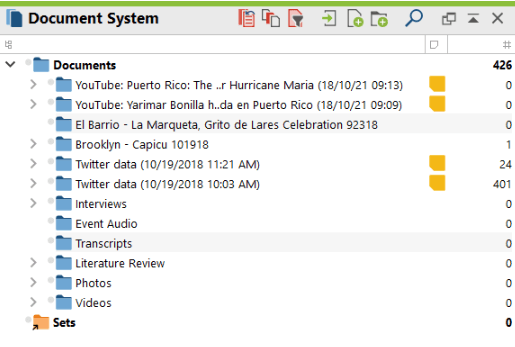
Organizing data through folder management in MAXQDA
Beginning Early Data Analysis with MAXQDA
As I engage in early analysis of my data, I have been using lexical searches in MAXQDA, developing codes for text, videos, and images as well as creating word maps. The word maps, for example, allow me to understand some of the larger trends that are beginning to show up in my research and what topics are important to my interlocutors.
As social media is a very important aspect of my research, I was also able to use the import tools within MAXQDA in order to analyze and code data from Twitter, Facebook, and YouTube. Using the lexical search tool, I am able to begin developing codes on these data as well. For example, I have created codes for gentrification, Hurricane Maria, and #poetsforPuertoRico. These codes are helping me to identify major themes in the poets’ work and in interviews.
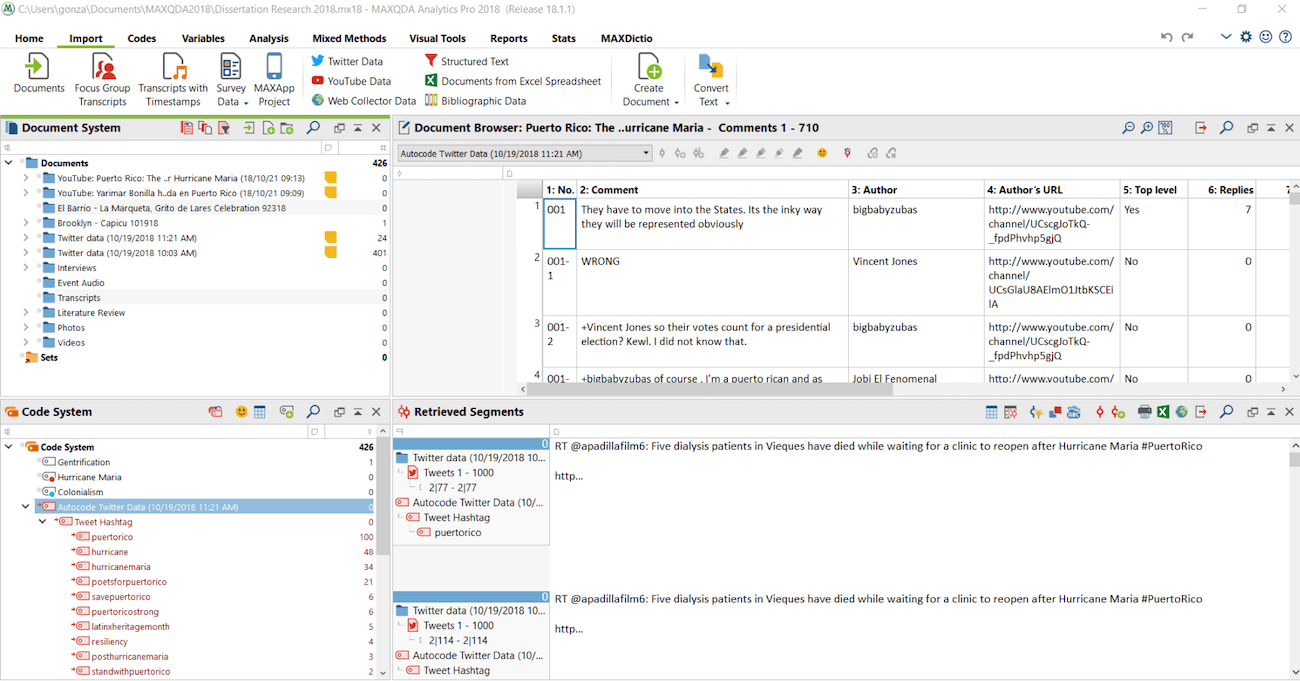
Using MAXQDA’s Twitter feature and code generator
Visual and Audio Data Analysis with MAXQDA
Again with the theme of being able to fast-track and keep all of my data together, I really appreciate being able to transcribe interviews within MAXQDA. Being able to transcribe interviews allows me to also code my interviews in the software, which will help immensely with data analysis in the future.
I was also able to code visual data, like videos of performances and artwork. This was helpful for my research specifically because it allows me to reference performances in interviews and identify themes across sites. Next, I was able to write memos in order to reference important topics in poems and to analyze later on while writing my dissertation.
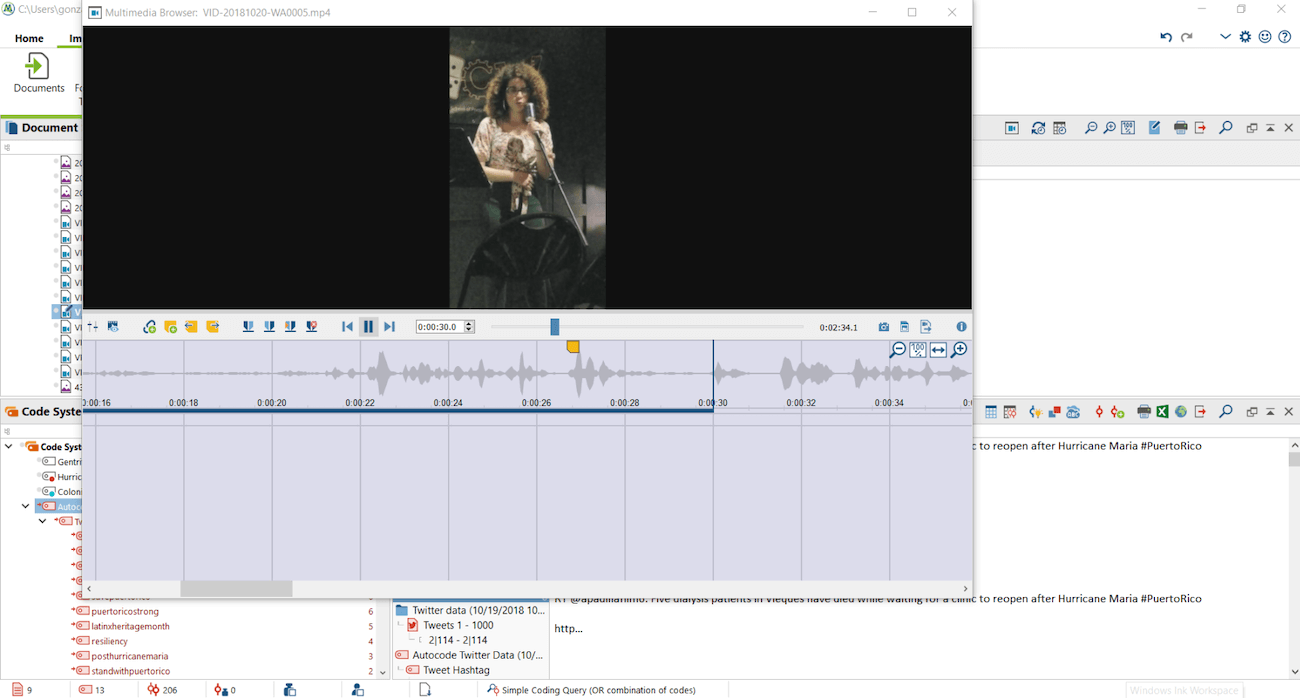
Video coding of Michelle Soto performing at the Capicu Cultural Showcase in Brooklyn, NY
Next Steps: Engaged Anthropologies
Engaging in Research for Change demands that I create scholarship that is accessible to the people that I am working with. To that end, I aim to write across audiences and produce multiple types of texts – the dissertation, articles, poems – that will be shared with research participants and in academic spaces. The final product of this research will take shape in a dissertation that incorporates multi-lingual poetry, theoretical analysis, and other creative forms, such as digital recordings and art to accompany the text. I want to include the actual voices of the poets and the sounds of the spaces that I am working with in order to immerse the reader in the experiences of poetic spaces.
Further creative projects and community collaborations will be considered after the completion of the dissertation. All public data will be collected into an archive that will be placed at Hunter College and the University of Puerto Rico as open access sources in order to ensure community access to the scholarship I produce. All art, poetry, and music collected will be digitally scanned and transcribed into an archival file. Artwork will be coded and analyzed using multimodal discourse analysis (Wodak 2014). I will use MAXQDA’s Twitter analysis capabilities to examine trends in hashtags related to Hurricane Maria. The final product of this research will result in the drafting of a dissertation, two articles, and a report of findings presented to project participants. Archived photos, artwork, lyrics, and poetry during the project will be given, with artists’ permission, to El Centro de Estudios Puertorriqueños at Hunter College and the University of Puerto Rico to facilitate future study.
Editor’s Note
Melinda González is a recipient of MAXQDA’s 2018 #ResearchforChange Grant. Melinda González is a PhD student in Geography and Anthropology on a Cultural Anthropology Track at Louisiana State University, USA. Her research project titled “Rhyming Thru Disaster: Community Organizing in Puerto Rican Poetic Spaces after Hurricane Maria” began in July 2018 in Puerto Rico and New York. Stay tuned for her next fieldwork diary entry coming soon, where she will discuss conducting fieldwork in New York City!

